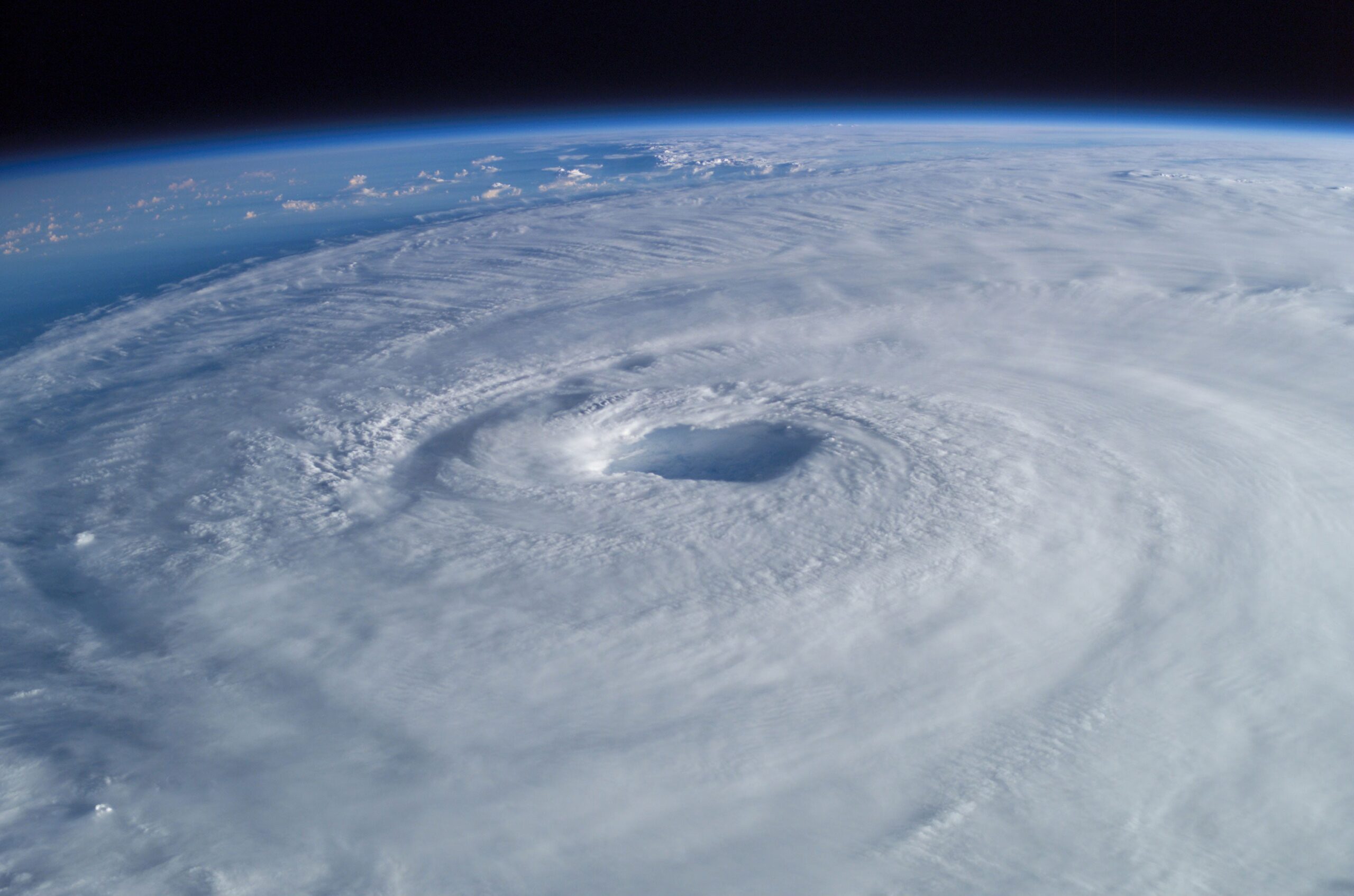
Hurricane Irma was a doozy for Florida. Battering winds and sweeping power outages cut power to a majority of the state’s 20.6 million residents. Meanwhile, ocean swells and flooding continue to impact large portions of the state.
Fortunately, here in Tampa, the emptying of the Bay on Sunday when the storm struck proved to be a saving grace for our fair city.
According to the National Weather Service: “If the water hadn’t pushed out, storm surge could have been in the eight or nine-foot range. The highest it ever got in Tampa Bay was two feet.”
Many Tampa residents – including us at Lorenzo & Lorenzo – count ourselves lucky for having missed the brunt of the storm’s impact and a small fraction compared to the rest of the state.
Tampa mayor Bob Buckhorn said: “What we thought was going to be a punch in the face was a glancing blow.”
Nevertheless, in the wake of the storm, we remind Tampa residents to stay safe while recovering from the damage left by Hurricane Irma.
Disaster recovery tips
Hurricane and disaster recovery is a gradual process. You and your family’s safety – as well as persevering your mental and physical well-being – is a primary concern.
Here’s some expert legal advice from our Tampa personal injury lawyers and government resources on how to protect yourself and your family from physical and economic damages during post-hurricane recovery:
- If you evacuated, listen to local news to determine when it’s safe to return home. Don’t return until the storm has completely passed and local officials have given your neighborhood the green light.
- Never pay any “upfront” or “good faith” fee to any business or agency claiming they’ll represent you in a future lawsuit or assist you in obtaining government aid.
- Carefully review your insurance policies to determine if storm damage is covered before contacting the insurance company. If they wrongfully deny your claim, consult a bad faith insurance dispute attorney immediately.
- Insist on asking to see IDs and verification from government “helpers.” Unfortunately, there are plenty of people who love to take advantage of vulnerable individuals and families during a crises, and Federal Emergency Management Agency (FEMA) identification cards can be easily forged. Don’t trust anyone whose identity and good intentions cannot be confirmed.
- Never give out your credit card or debit card numbers, or any other personal information that could be used to damage you financially. Scams are usually rampant following a disaster.
- Administer first aid and seek medical attention for any injured person following a disaster. Florida’s Good Samaritan Law provides liability protection for first responders in such emergency situations.
- Be wary of exhaustion. Don’t try to do too much at once. Set priorities and pace yourself. Be sure to get enough rest.
- Drink lots of clean water and remember to eat well.
- Wear protective clothing and wash your hands thoroughly with soap and clean water often when cleaning up debris.
- Watch for flooded roads, contaminated buildings, contaminated water, gas leaks, broken glass, damaged electrical wiring and slippery floors.
- Inform local authorities about health and safety issues, including chemical spills, downed power lines, washed out roads, smoldering insulation and dead animals.
Hurricane recovery resources
- Federal Emergency Management Agency (FEMA): https://www.fema.gov/
- Florida Emergency Management: https://www.floridadisaster.org/
- Tampa City Public Notices: https://www.tampa.gov/news
- Florida Bar Legal Services: https://www.floridabar.org/public/consumer/hurricaneinfo/
From all of us at Lorenzo & Lorenzo, we wish you a safe and speedy recovery! Contact us anytime if you require personal injury legal assistance in the Tampa area. We speak Spanish.






